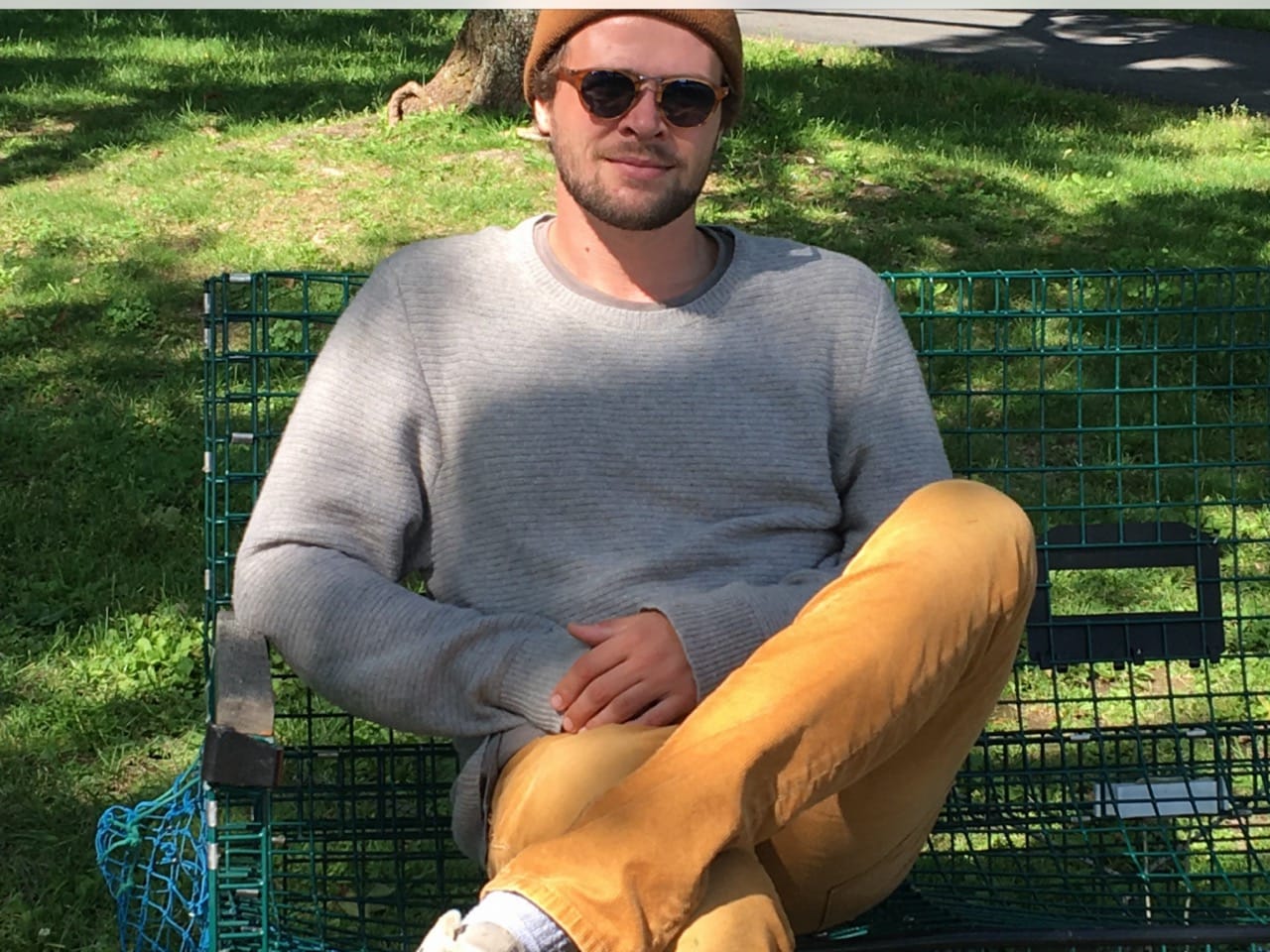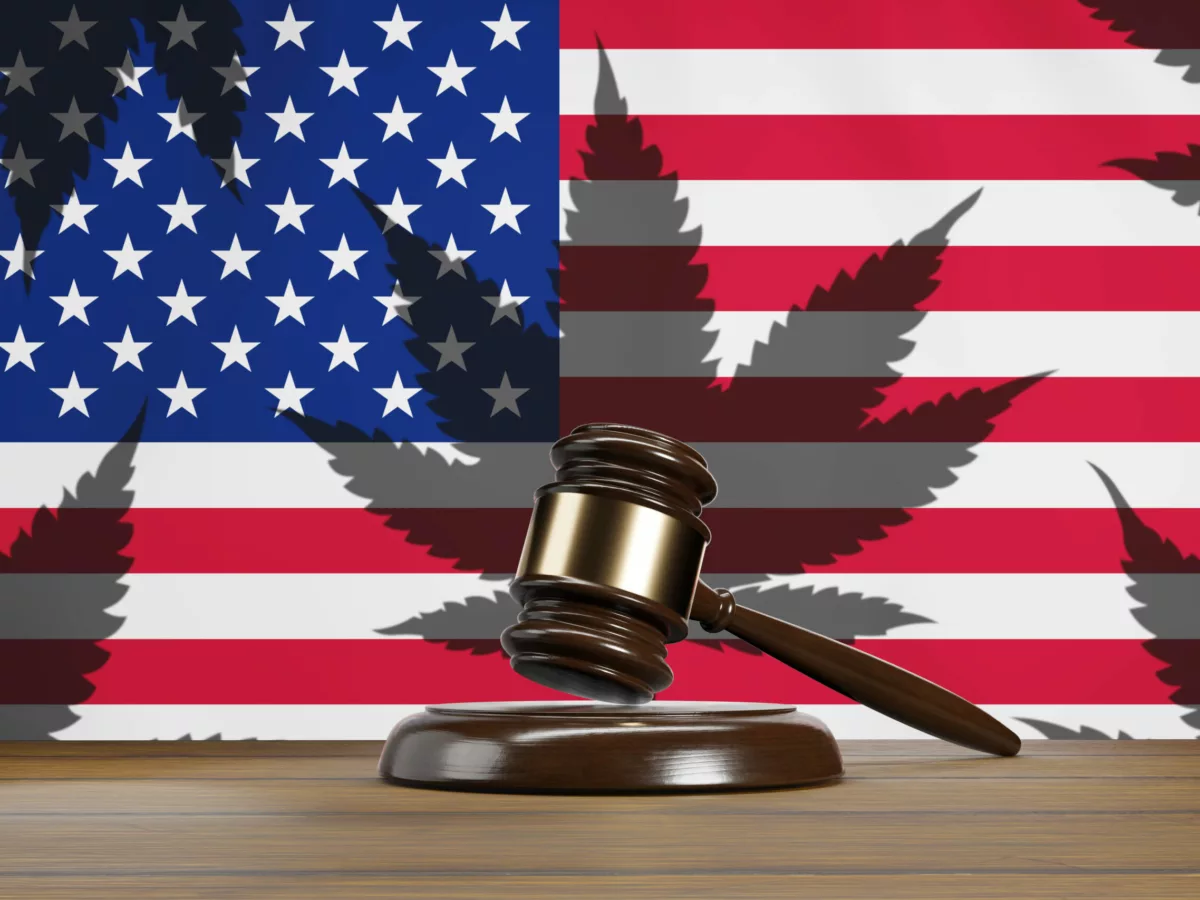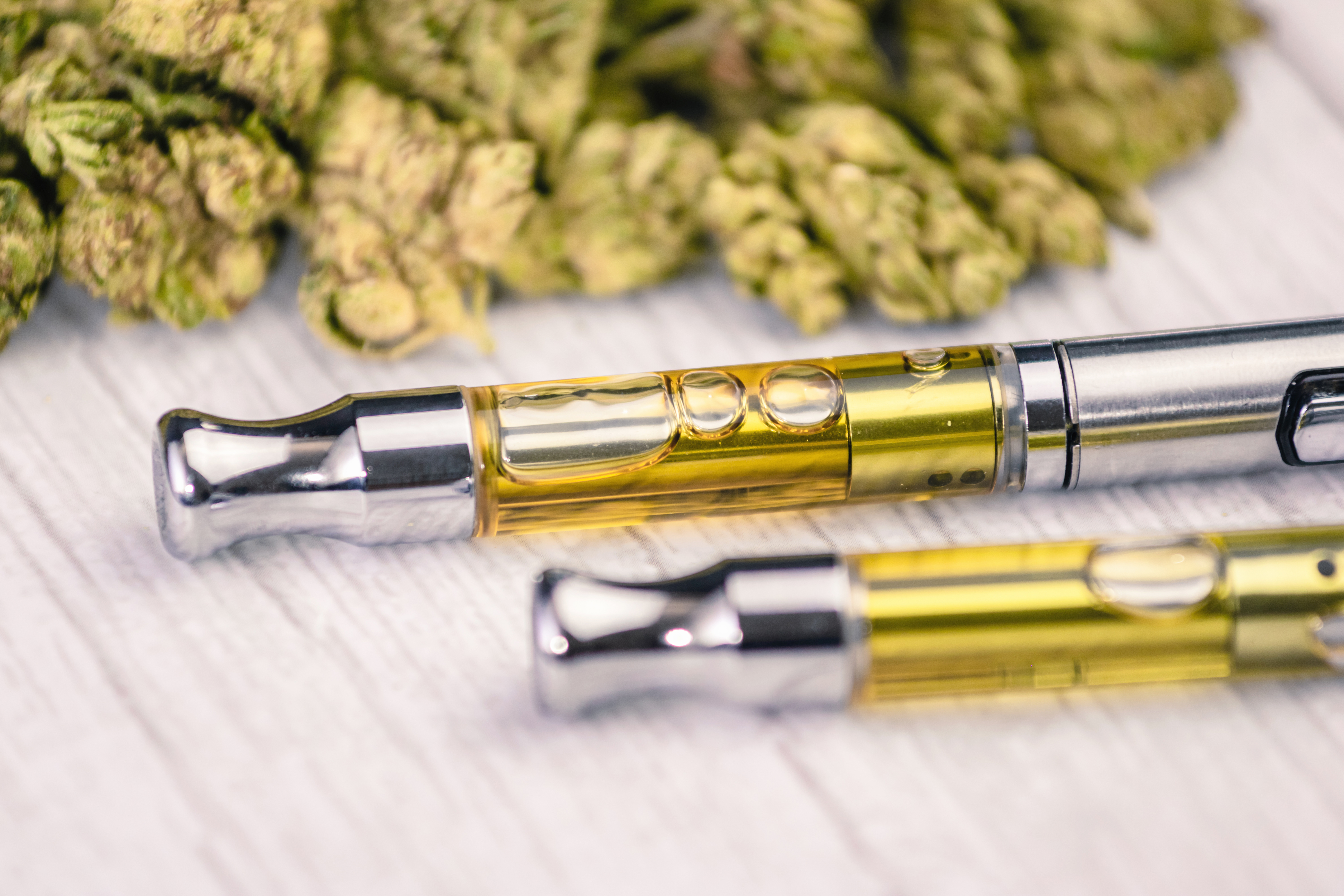Maybe you saw the ad in The Washington Post: “Who will be the last person incarcerated for marijuana in the United States?” Or you heard about the man from one of the many publications that have highlighted his detention.
Jonathan William Wall is a Maryland native whose federal cannabis distribution indictment and upcoming court trial have drawn national scrutiny.
And you’ll likely be hearing a lot more about his case this spring.
Since July 2020, Wall has been detained in Baltimore’s Chesapeake Detention Facility on a charge of conspiracy and possession with intent to distribute federally banned narcotics — specifically, more than 1,000 kilos (roughly 2,200 pounds) of cannabis.
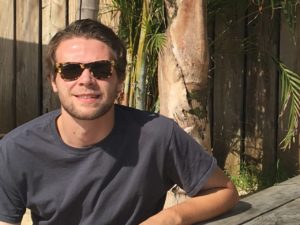
On May 2, he’ll have his day in court. Wall’s family, his Colorado-based attorney, Jason Flores-Williams, and a community of ardent supporters have gone to great pains to spotlight the case as painfully ironic in a country where 18 states plus the District of Columbia (and soon to be others) have legalized recreational weed, and where an adult-use industry is raking in tens of billions of dollars each year.
Wall was indicted by a grand jury in October 2019 for allegedly moving a quantity of weed above the 1,000 kilo threshold across the country, from California to his home state, over a period of two years. Wall moved to the mountainous, coastal weed-growing mecca of Humboldt County in Northern California back when he was 20 years old, with aspirations of being part of the rapidly-evolving cannabis economy (the drug was then only legal for medical use, though California made it recreationally legal shortly thereafter). During that time, the feds allege he became the mastermind of a cross-continential cannabis trafficking scheme that authorities cracked down on starting in 2019.
Wall initially fled the country for Central America after his indictment that fall, but turned himself over to federal authorities at LAX Airport the following summer.
Flores-Williams said his case is a standing contradiction between the ongoing criminalization of cannabis at the federal level and the daily weed commerce happening in states that have legalized adult-use. As the attorney put it in an interview with Newsweek last September:
“I’m in Denver, Colorado. After some hard days, I can just walk out of my office directly and go to a beautiful dispensary. And as I’m standing in this dispensary, I have received phone calls from the supermax from Jonathan. It’s difficult to express how disturbingly absurd this is.”
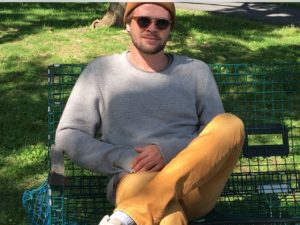
Wall has now been held in a notorious Baltimore detention center for nearly two years. Along the way, he’s contracted Covid-19 and observed a well-known pattern of violence among inmates and guards, per an interview with High Times. “This is no place you want to be,” he told the magazine last year.
Rather than taking a plea deal, Wall has opted to take his case to trial to make a statement against what he and supporters see as a legal incongruity in U.S. criminal justice policies. He’s also attempted — unsuccessfully — to have the case tossed in federal court for geographic procedural grounds and equal protection grounds under the 14th Amendment “due to disparate and arbitrary enforcement” of federal drug laws, since countless others are permitted to sell and profit off of legal cannabis daily.
He and other cannabis users and advocates watched as the Trump administration’s Justice Department cracked down on cannabis companies and traffickers under the watch of Jeff Sessions and William Barr. They’ve been left waiting, as President Joe Biden’s administration has yet to take action on pushing through cannabis reform. Biden has clinged on to a longstanding anti-weed agenda, dragging his feet on full-on legalization or even rescheduling the substance despite campaign trail promises from the 2020 election.
Even as more states continue to legalize, and two-thirds of Americans now support legalization at a national level, cannabis remains federally banned and 40,000 people are still incarcerated for cannabis-related offenses, according to the Last Prisoner Project.
Federal prosecutors have reduced their focus on cannabis offenses in recent years, with weed trafficking cases declining more than any other drug charges in the last decade. Even so, there were still nearly 1,000 such prosecutions last year.
As the American Civil Liberties Union has continued to highlight, Black Americans are far more likely to be arrested for cannabis crimes than whites. (Wall, it should be noted, falls into the latter group.)
Laurel Councilman Martin Mitchell, an outspoken cannabis advocate elected last year, has been among those helping to draw attention to Wall’s case.
“I think this case will be a landmark because it’s going to get a lot of attention,” he told The Outlaw Report.
Mitchell echoed the rallying cries of Wall and others who point to the contradiction between the cannabis sector’s growth and ongoing incarceration of people for possessing and selling the plant.
“We’re in a place, even in Maryland, where soon we’re gonna make a lot more money off of this legal market,” he explained. “You don’t need anybody to go into a federal jail, a state jail or a prison because of cannabis possession or even distribution. I don’t think there should be any jail time given the fact that this is a billion-dollar industry.”
The racial dynamic is clear, he noted: the case of Wall, a white man, is drawing heightened scrutiny while people of color who have been indicted on similar offenses await the day when their stories will be told. That’s come up in discussions with grassroots organizations and others, Mitchell said.
But ultimately, he noted, others have joined in support because it can call attention to the issue of ongoing incarceration across racial lines.
“Everything becomes personal and you understand it differently when it hits home,” Mitchell said. “You realize that the prohibition of cannabis hasn’t only affected Black people. It’s affected lower and middle-class individuals — pretty much anyone who is not the rich.”
